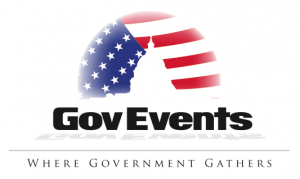 The results of the 13th FITARA scorecard, a program developed in 2015 to measure and incentivize agencies to meet key IT modernization goals, were released in January leading to a discussion of what is next for this measurement program.
The results of the 13th FITARA scorecard, a program developed in 2015 to measure and incentivize agencies to meet key IT modernization goals, were released in January leading to a discussion of what is next for this measurement program.
The latest results showed modest improvements, but scores for the most part have remained steady over the past two measurement cycles. On this scorecard, 13 agencies maintained the same scores from July 2021 with seven earning higher marks. A handful of agencies received lower overall marks, due primarily to their inability to transition from a legacy contract vehicle to the new preferred government-wide Enterprise Infrastructure Solutions (EIS) for telecommunication technology. A March 31, 2022, deadline to move 90% of work to EIS should push many of these scores back up for the next report card.
Knowing there is still a lot of work to do in terms of modernization, the committee that oversees the program has begun discussing new measures to better reflect the current state of government IT and support recent executive-level initiatives around modernization, security, and customer service. Continue reading






